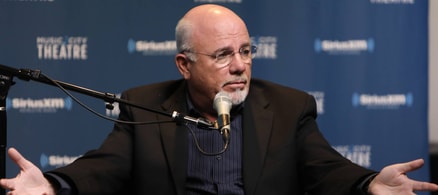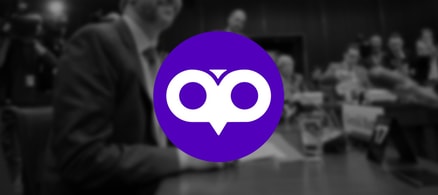Spend less
This speaks for itself.
Create a budget and include everything that you spend money on. Whether it’s hydro bills, transit costs, streaming subscriptions or coffee money, include everything you can.
Once you’ve accounted for where your money goes, see what you can trim off. If you frequently buy your lunch, it would be prudent to start making it at home. Instead of paying for the premium subscription to a streaming service, you might find you can make do with a lower-tiered account, or cancel your subscription altogether.
Maximize Your Tax Refund with TurboTax Canada!
Simplify tax season with this user-friendly software. Get step-by-step guidance, maximize deductions, and file with confidence. Trusted by millions, TurboTax Canada ensures accuracy and peace of mind. Start your taxes today and get the refund you deserve
Get the tax refund you deserveWork more
You may feel stressed about how little spare time you have, but if you can, working more to make some extra money can help you along.
Of course there is the option to find part-time work in fields such as retail or customer service. However, if you have a skill that can be used remotely, try to take advantage of it. You can then maximize your time while also avoiding the commuting costs of an in-person role. Having a freelance remote role also gives you the freedom to make a schedule that works around whatever other job or responsibilities you have.
For instance, if you work in human resources, hire yourself out as a part-time résumé consultant.
If you’re presently employed, and are worried about your job security, take time to update your résumé and start to put the feelers out for other employment. If you suddenly find yourself without a job because of an economic downturn, you will hopefully be further along on the path to finding another position.
Emergency fund
Emergency funds are savings that are readily available to you, but intended to only be used when absolutely necessary. Whether it’s to pay for unexpected medical expenses or house repairs, setting aside money to help with these costs is invaluable.
The standard recommendation is to have three to six months of salary set aside in an emergency fund. While this amount might seem overwhelming, if you slowly contribute to your fund you’ll find that amassing the money isn’t impossible.
If you haven’t started an emergency fund, there’s no better time than now. Opening up a secondary bank account solely for this purpose is helpful, as you can separate your daily operating funds from those for worst case scenarios.
Try to set aside 10% of every paycheque for the emergency account. This may mean having to sacrifice some frivolous expenses like takeout meals, but eliminating those is a good idea to help recession proof your finances anyway.
If 10% is too ambitious, $10 is good as well. Every bit you can save helps, and you can always contribute more to your emergency fund when you can.
To make setting aside the money easier, consider automating the transfer to the savings account. Ideally, you can use a high-interest savings account that will allow you to build on your investment faster than a standard savings account. Doing this will allow you to save the money without having to think about it.
Grow Your Savings Effortlessly with Moka
Automate your savings with every purchase and watch your money multiply. Moka rounds up your transactions and invests the spare change. Start building wealth effortlessly today. Join thousands of Canadians embracing financial freedom with Moka
Sign up nowInvest
A general rule of investing is to set aside 10% of your pre-tax income.
Watching the value of investments dip can be concerning, but if you’re playing the long game, now’s a great time to invest. Keep in mind the old adage of “buy low, sell high” — when markets are down it’s time to contribute to your portfolio.
Money can be tight, but if you’ve worked out a proper budget and trimmed fat away from your expenses, you’ll be able to scrape together some cash to invest.
In fact, making investments a line in your budget is invaluable, as it creates discipline and ensures you are taking future savings into account.
The market will find its footing, and a diverse portfolio will prove profitable in the long run. When the market swings upward you’ll be confident that investing your money in the downturn was the right move.
No new debts
If you’re worried about the impact a recession could have on you, now’s not the time to go out and buy that new car. Taking on new debts adds stress to your savings, and can be financially crippling if you suddenly find yourself unemployed or having to pay higher interest rates.
If you have any high-interest debts, like credit cards, pay these off as soon as possible. You can also consolidate these debts with others at lower interest rates, allowing you to pay more money toward the principal instead of the interest.
The possibility of a recession can be scary, but weathering the storm doesn’t have to be. With some good planning and smart savings, you can ensure that you’re prepared for a worst case scenario.
Sponsored
Trade Smarter, Today
With CIBC Investor's Edge, kick-start your portfolio with 100 free trades and up to $4,500 cash back.







